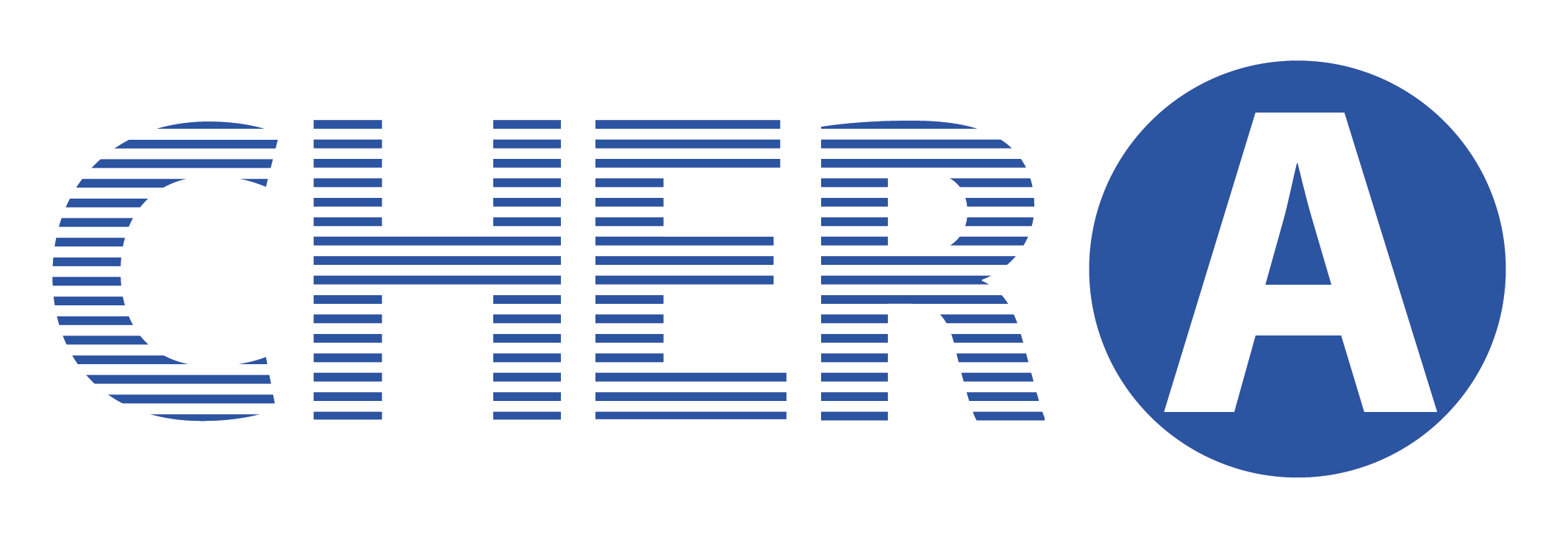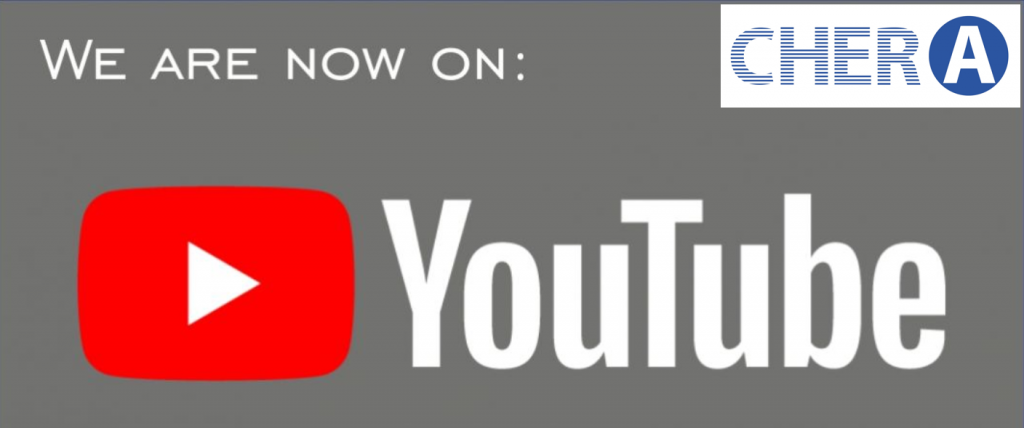
Upcoming seminar
Academic Exchanges and Sino-American Relations: Canary in Coal Mine, Bellwether of Change, or Bridge over Troubled Waters?
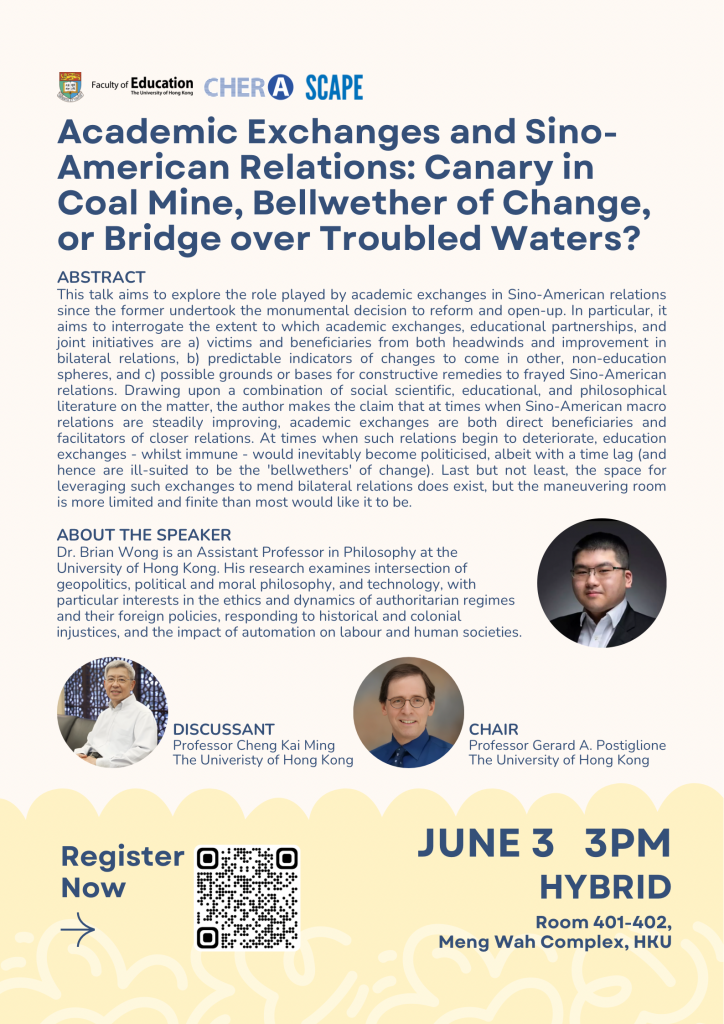
Date: 3rd June, 2024 (Monday)
Time: Start from 3:00 p.m. (GMT+8)
Mode: Hybrid–Runme Shaw Building Room 202/by ZOOM
Speaker: Dr. Brian Wong (The University of Hong Kong)
Chair: Professor Gerard A. Postiglione (The University of Hong Kong)
Registration link: https://hku.au1.qualtrics.com/jfe/form/SV_eguFgJ4YRv1iB3U
Abstract
This talk aims to explore the role played by academic exchanges in Sino-American relations since the former undertook the monumental decision to reform and open-up. In particular, it aims to interrogate the extent to which academic exchanges, educational partnerships, and joint initiatives are a) victims and beneficiaries from both headwinds and improvement in bilateral relations, b) predictable indicators of changes to come in other, non-education spheres, and c) possible grounds or bases for constructive remedies to frayed Sino-American relations. Drawing upon a combination of social scientific, educational, and philosophical literature on the matter, the author makes the claim that at times when Sino-American macro relations are steadily improving, academic exchanges are both direct beneficiaries and facilitators of closer relations. At times when such relations begin to deteriorate, education exchanges – whilst immune – would inevitably become politicised, albeit with a time lag (and hence are ill-suited to be the ‘bellwethers’ of change). Last but not least, the space for leveraging such exchanges to mend bilateral relations does exist, but the maneuvering room is more limited and finite than most would like it to be.
About the speaker:
Dr. Brian Wong is an Assistant Professor in Philosophy at the University of Hong Kong. His research examines intersection of geopolitics, political and moral philosophy, and technology, with particular interests in the ethics and dynamics of authoritarian regimes and their foreign policies, responding to historical and colonial injustices, and the impact of automation on labour and human societies.
Educational EXPO & Book Launch
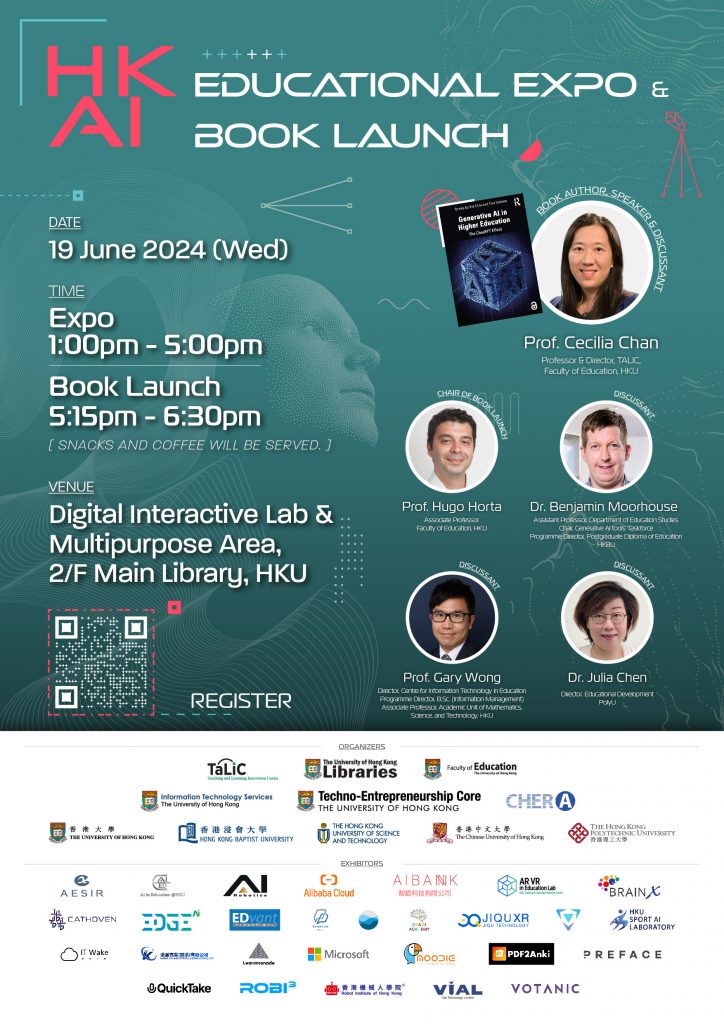
The website of the event: https://aieduexpo.talic.hku.hk/
The Book: https://www.routledge.com/Generative-AI-in-Higher-Education-The-ChatGPT-Effect/Chan-Colloton/p/book/9781032599045
香港大學世紀之問 —— 改革開放初期與內地交流的人和事
HKU in the Early Days of Reform and Opening-up
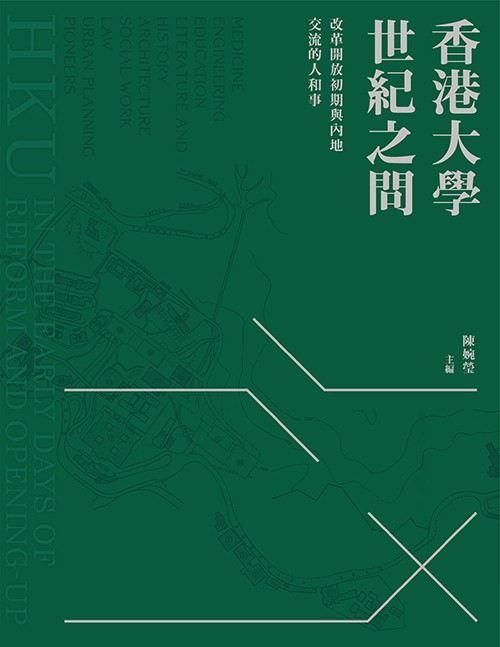
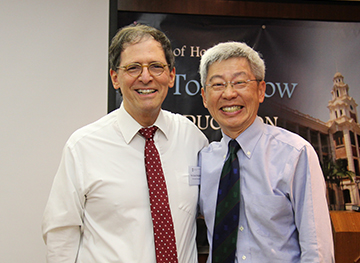
| 《香港大學世紀之問 —— 改革開放初期與內地交流的人和事》 HKU in the Early Days of Reform and Opening-up |
| 主編:陳婉瑩 Editor-in-chief: Ying Chan 出版:三聯書店(香港)有限公司 Publisher: Joint Publishing (H.K.) Co., Ltd. |
| This book tells the story of 18 individuals who pioneered academic and professional exchanges between HKU and mainland China in the 1980’s. These men and women blazed the trail in eight sectors, medicine, engineering, literature and history, education, architecture, social work, law, and city planning, with expertise and dedication.
Our CHERA members, Professors Gerard A. Postiglione and Cheng Kai Ming, actively engaged in exchange and communication with the mainland during the Reform and Opening-up period. They are prominently featured in the book with documents, stories, analysis, and photos. |
Jamil Salmi (ed.) (2023). Transforming Lives at the Institutional Level: Equity Promotion Initiatives Across the World
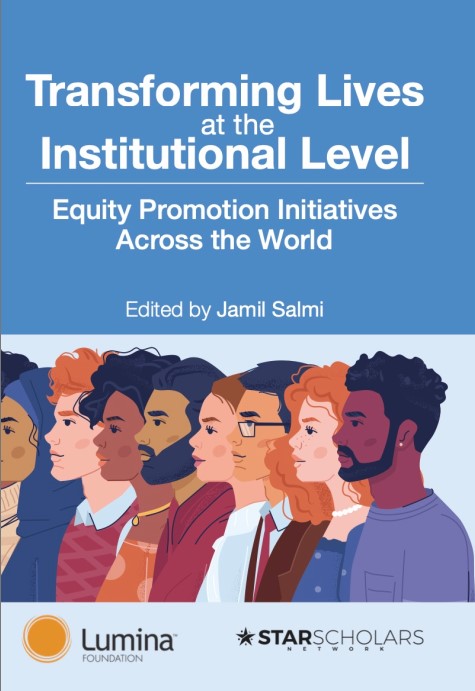
In the ever-evolving landscape of global education, the quest for equitable access to quality higher education remains a pressing challenge. Across the world, countless children and young individuals confront daunting circumstances that impede their educational opportunities due to factors such as race, gender, socioeconomic background, and geographical origin. This particularly affects those in developing countries and marginalized groups globally. To address this issue, promoting inclusivity and pluralism within higher education institutions has become an imperative driven by the principles of social justice and the United Nations’ Sustainable Development Goals.
Throughout Transforming Lives at the Institutional Level: Equity Promotion Initiatives Across the World, readers will gain profound insights into various equity-focused initiatives. From integrating low-income students into university cultures and implementing student aid programs to promoting balanced regional selection and supporting students with disabilities, the case studies offer a wealth of knowledge and good practices. They delve into affirmative action, indigenous inclusion, coaching programs, and many more initiatives aimed at improving access for underrepresented groups. This volume underscores the importance of comprehensive equity promotion policies that encompass financial and nonmonetary aspects. It emphasizes the need for coordination between national and institutional actions, with an equal focus on both access and completion. Long-term perspectives and well-established information systems are essential in effectively addressing equity gaps and measuring progress.
Editor
Jamil Salmi, Global Tertiary Education Expert, Emeritus Professor of Higher Education Policy at Diego Portales University, Chile
Gerard A. Postiglione, Christopher J. Johnstone, & Wesley R. Teter (eds.) (2023). HANDBOOK OF EDUCATION POLICY A New Direction for EU Foreign Policy?
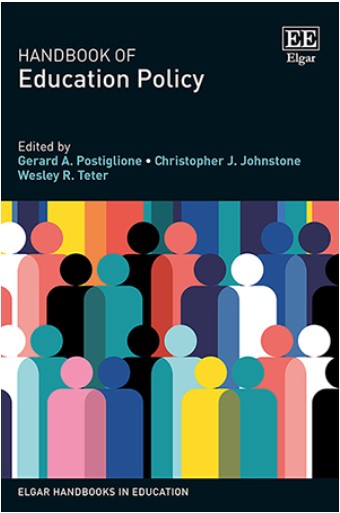
Edited by Gerard A. Postiglione (Professor Emeritus, Honorary Professor, The University of Hong Kong), Christopher J. Johnstone (Associate Professor, University of Minnesota, US) and Wesley R. Teter (Research Fellow, Center for Advanced School Education and Evidence Based Research, University of Tokyo, Japan)
Publisher: Edward Elgar Publishing
‘The new Handbook of Education Policy edited by Postiglione, Johnstone and Teter is a welcome addition to the academic literature on the transformation of education policy in the aftermath of the COVID-19 pandemic. The 22 chapters of this well-researched book give a comprehensive analysis of how education policy must adapt to a radically changed world. Through a skilful combination of thematic pieces and case studies from a large range of countries, the chapter authors challenge us to embrace new education policy concepts, such as public value governance and knowledge democratization, that can foster innovation and accountability in times of uncertainty. Gerard Postiglione, Christopher Johnstone, and Wesley Teter should be congratulated for this excellent scholarly contribution that has the potential of influencing policy makers all over the world to design and implement more sustainable and innovative education policies.’
– Jamil Salmi, Diego Portales University, Chile
‘This Handbook combines an up-to-date overview with theoretically-informed analysis of global education policies. It is erudite, insightful and original. It will be a vital resource for education policy researchers and an excellent starting point for students, in any location.’
– Stephen Ball, University College London, UK
This insightful Handbook is an essential guide to educational policy around the world. As shifting geopolitics, intensified climate change, and widening economic inequalities persist, the need for informed educational policy is critical.
Bringing together a unique collection of international case studies by scholars and practitioners from over twenty countries, the Handbook highlights how the contextual nature of educational policy and its implementation acknowledges both global trends and local nuance. Chapters explore key contemporary topics including the effects of the COVID-19 pandemic on international educational policy; opportunities for academic modernization in Ukrainian society; gender equality in Korean and Japanese universities; and inclusive education policies throughout the developing world, including India, South Africa, and Uruguay. It further discusses the ways in which governmental, non-governmental, and global education specialists are shaping new agendas focused on equity and responding to global crises.
Offering new perspectives on educational policy in a post-pandemic world, this comprehensive Handbook will be crucial reading for students and scholars of education policy, politics and public policy, sociology, and university management. It will also be beneficial for educational research associations and international development agencies, including UNESCO, the Asian Development Bank, and the World Bank.
Click here to access further details about the book.
Book review: Below is the book review for the “Handbook of Education Policy.” You can click on the image to view the full book review or simply click here to explore the book review in more detail.
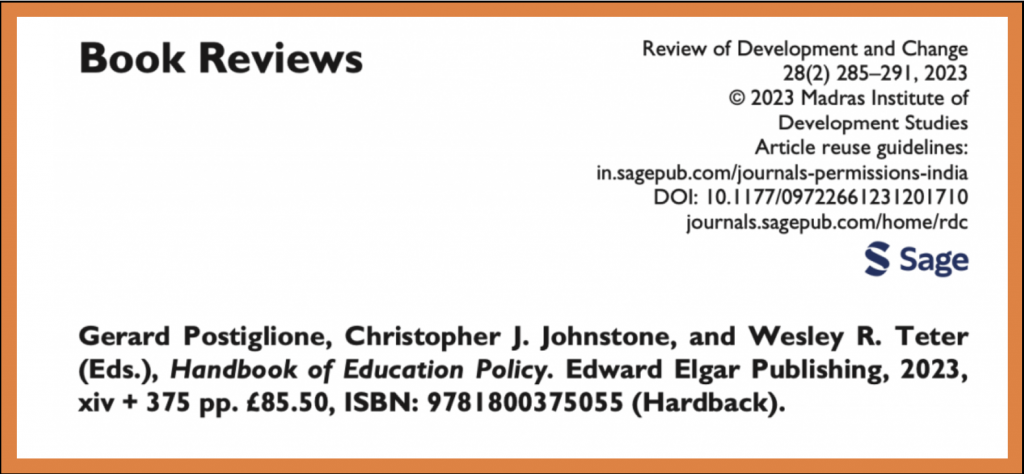
Tilak, J. B. (2023). Book review: Gerard Postiglione, Christopher J. Johnstone, and Wesley R. Teter (Eds.), Handbook of Education Policy.
